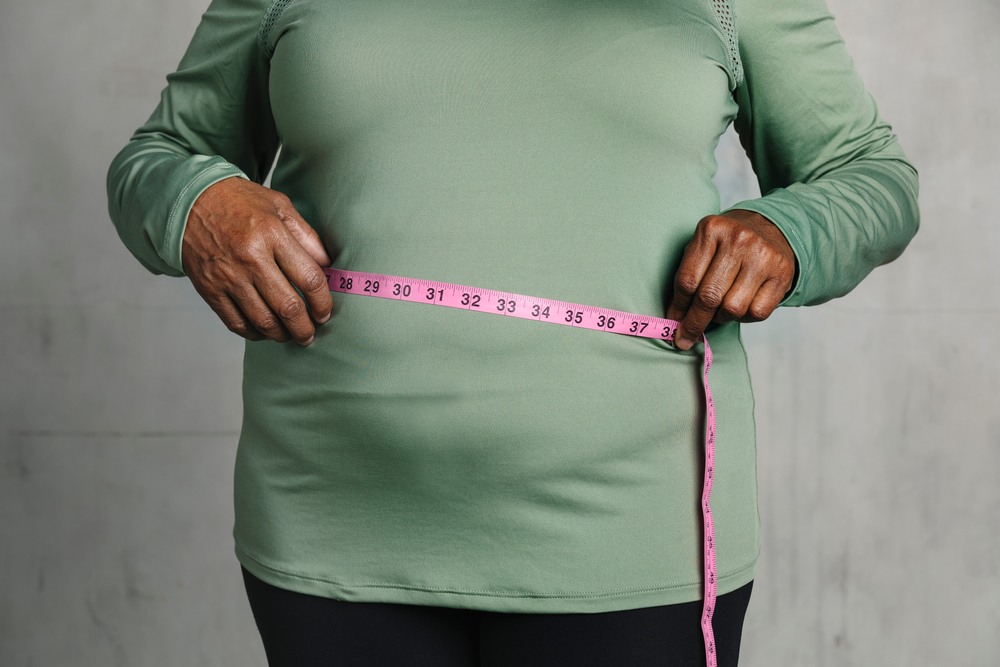4 Ways Your Comfortable, Long-Term Love is Making You Put on Weight

By Mary Campbell
Love can be about sharing, caring, and kindness. What many people don’t realize, however, is that love can be fattening, as well. A number of psychological and biological factors come into play when you’re in love, and they can be behind the pounds that you put on. This understanding isn’t merely anecdotal; research backs up the claim. A study followed thousands of participants over a quarter-century, and found that in between 80 and 90 percent of cases, people gained an unhealthy amount of weight in tandem with their spouses. In other words, if your spouse becomes obese, it is likely that you will become obese, as well. It works in reverse, too — if your spouse starts out obese in your marriage, but then loses weight, you are likely to lose weight, as well.
Your weight level mirrors the weight level of your partner in the long run for a number of reasons. When you are aware of these reasons, it may help you understand your weight gain, and take steps to counter it.
You put your time into new, different things
Relationships require time to nurture — when you’re in a long-term relationship, you tend to spend a great deal of time with your partner. This time needs to come out of something else that you used to do — like working out. Unless you’re a fitness freak, it’s likely you will forgo your deadlifts and bench press reps for the prospect of spending quality time with the person you’re with. The result would be added weight.
Love hormones make it harder for you to want to work out
In the beginning of a new relationship, when you are falling in love, your body produces a great deal of dopamine and oxytocin. These can make you feel relaxed and calm, much like some recreational drugs. People don’t usually roll out of bed after having made love and decide to set off for the gym or the running trail. The endorphins in your system make you want to luxuriate in the sensuality that you feel, rather than get exercise. In fact, after such an experience, you’re likely to want to go dine out — getting high-fat food, alcohol, and chocolate. These foods add to the sensuality of what you feel and put you on the road to weight gain.
You begin to get too comfortable
When you’re single, your mind is aware of the evolutionary pressures it is under. You need to look good in order to compete for mates. This means that you feel motivated to work out and stay in shape. Once you’re with a partner and are confident about the long-term success of the relationship, however, you quickly move past the honeymoon phase. You no longer feel the need to impress your partner, and begin to spend your time hanging out with them, feeling good, eating heartily, and working out less in the process.
You begin to catch unhealthy habits from each other
No matter what kind of health habits you may have — getting lots of exercise or none at all — habits can be contagious. If you work out hard, you’re likely to inspire whoever you live with, to do the same. If your partner loves to get into the kitchen each night to prepare a healthy meal, you may be inspired to get active with healthy food, yourself. If you’re in a relationship with someone who doesn’t have healthy habits, you may find that those habits rub off on you as well. Being aware of the ways in which a long-term relationship can sneak up on you and get you to put on weight, can be helpful. You can be aware of these invisible effects, watch out for them, and work against them when you see them. Love can be wonderful, but it does come with side-effects. Once you know what they are, you can be on your guard.





Leave a Reply